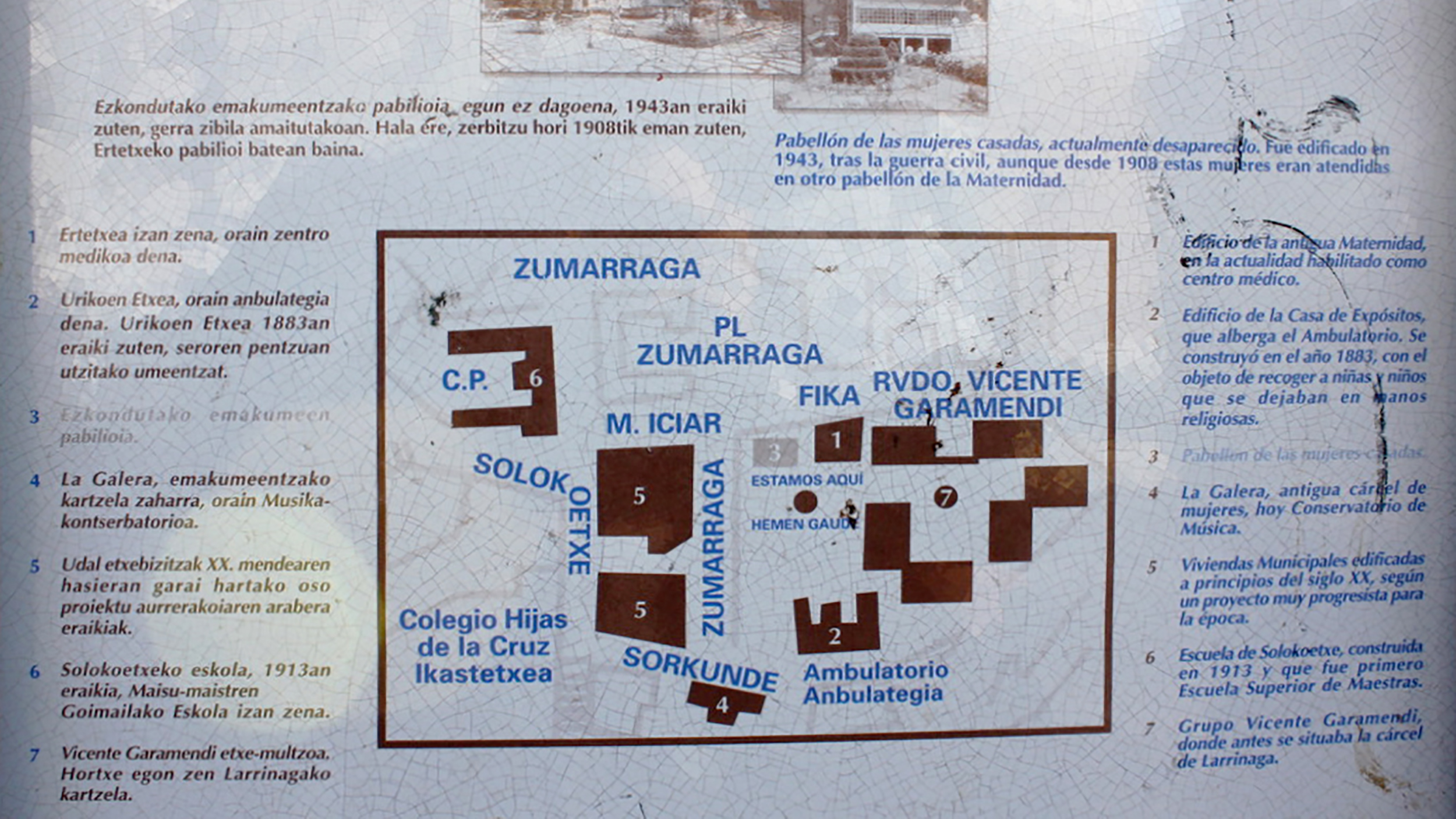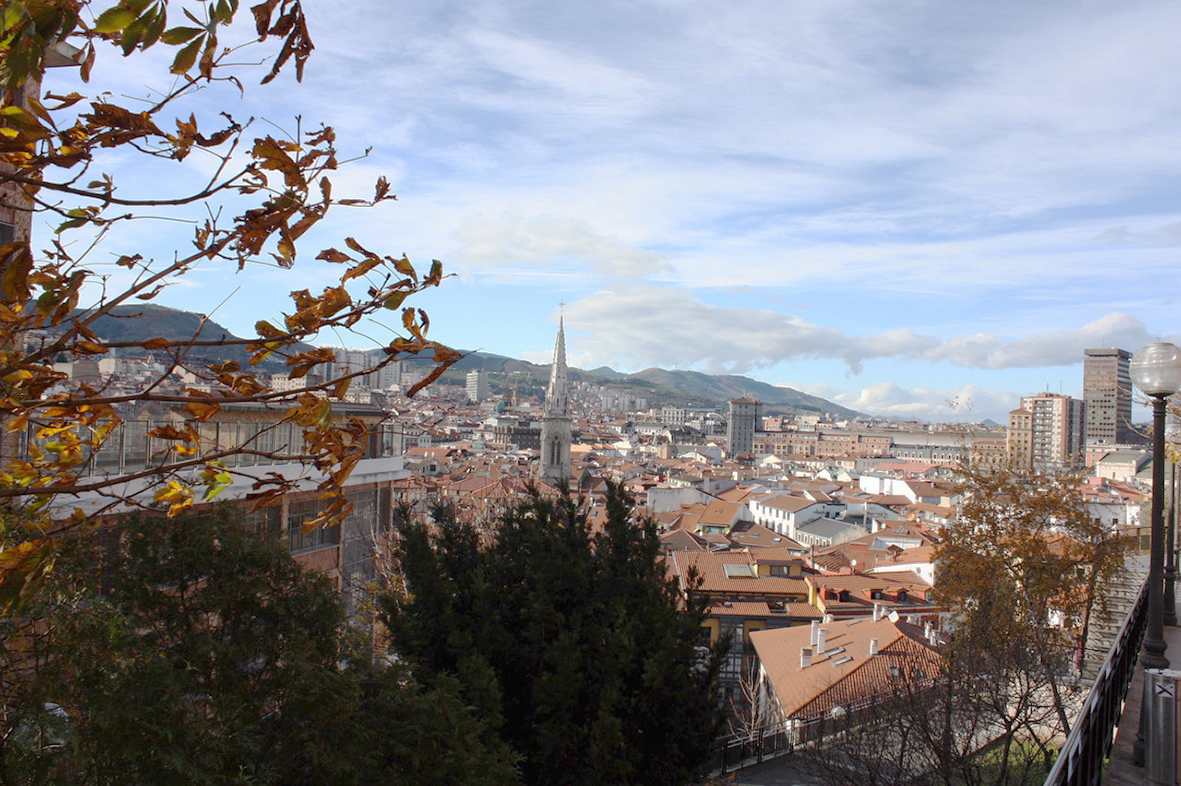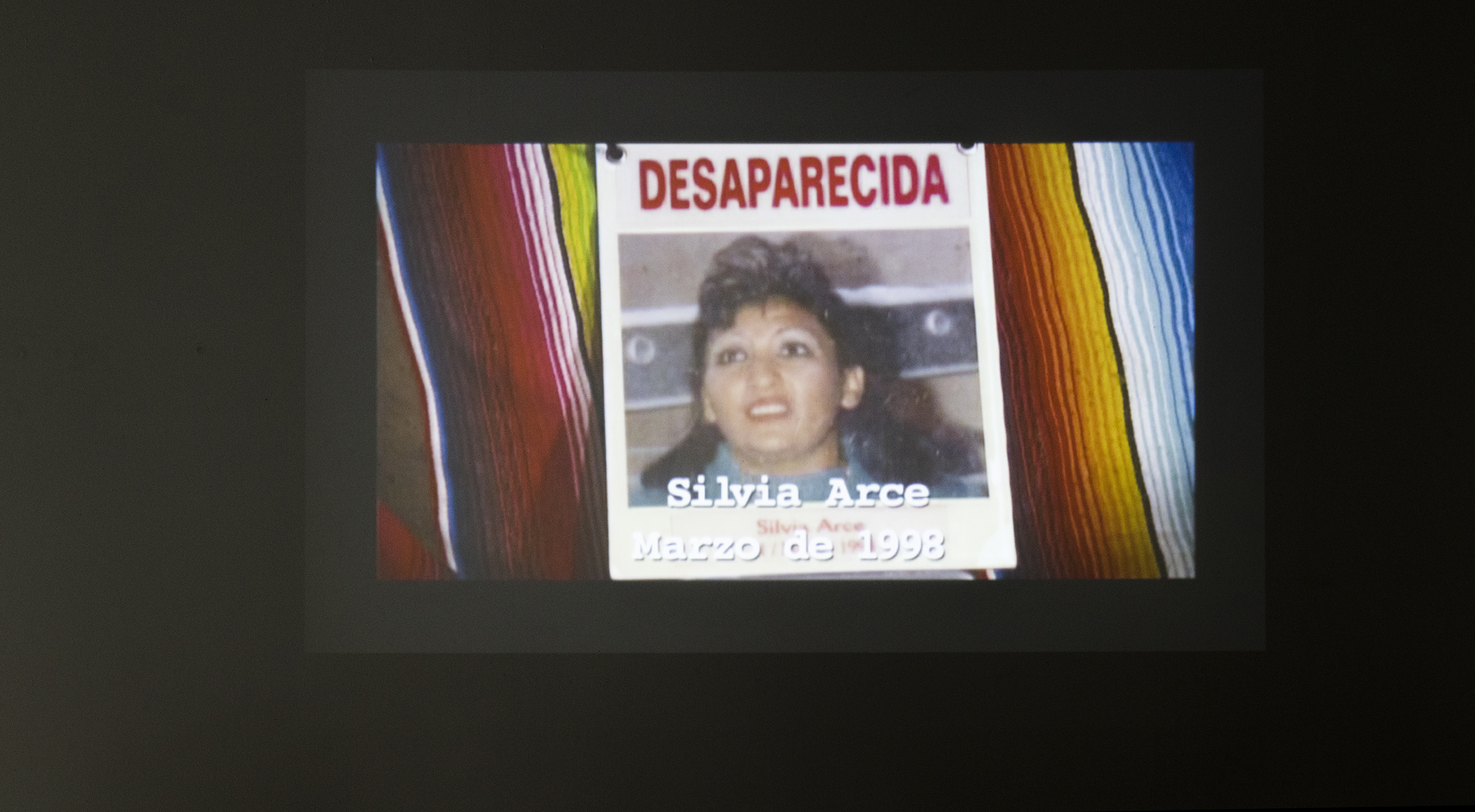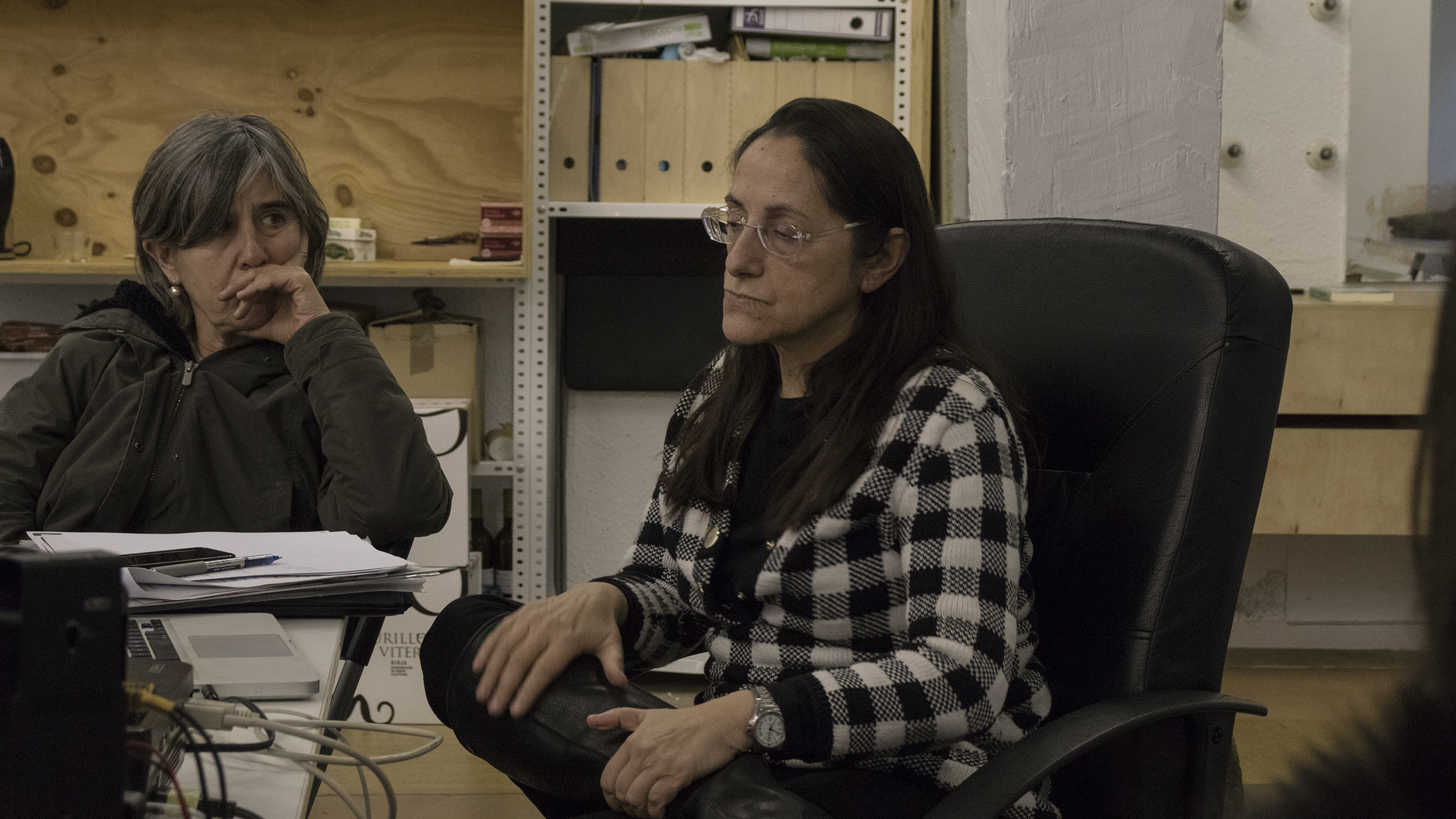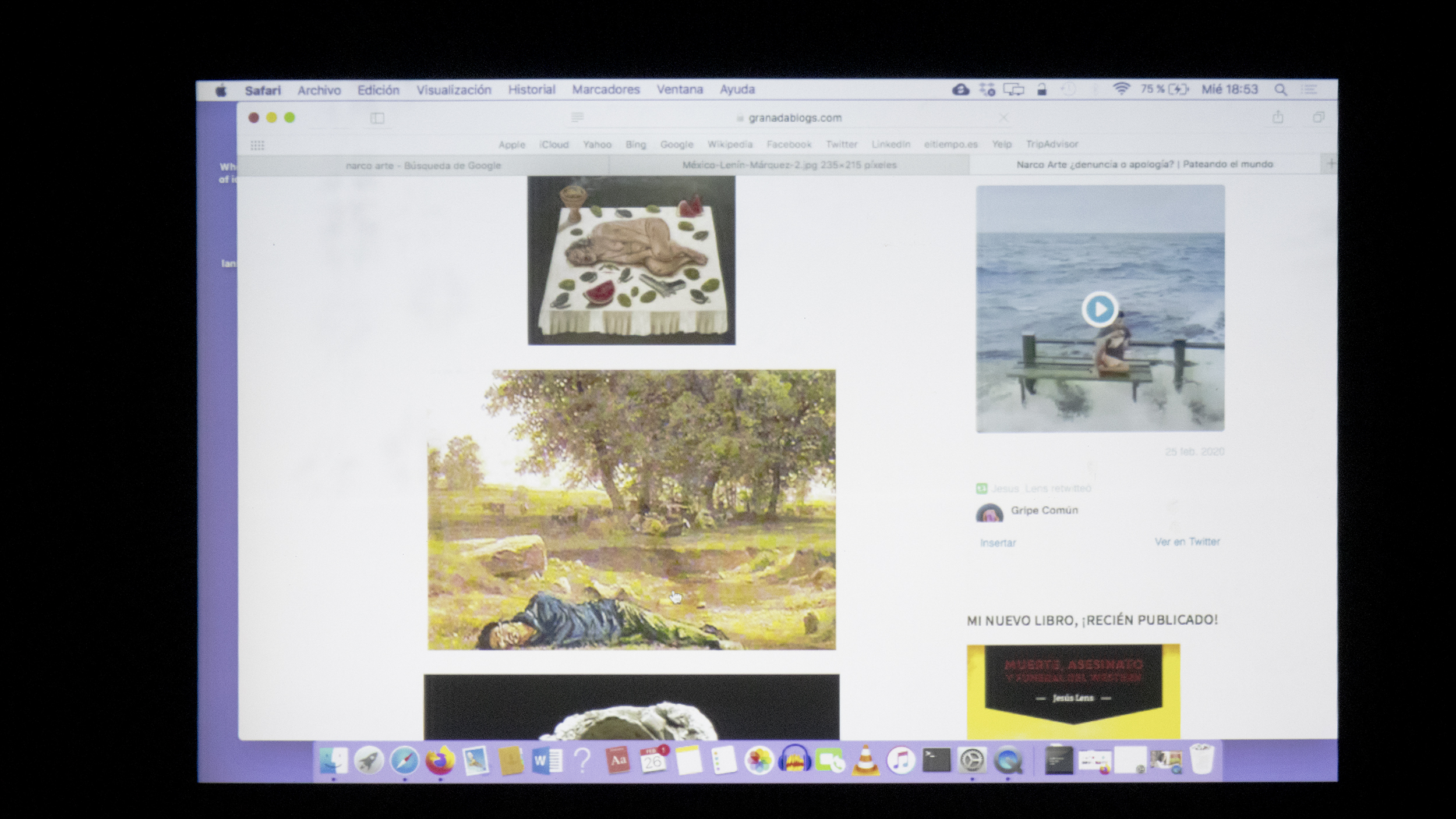BGE, Reading groups
JOSEBE MARTÍNEZ: WOMEN AND EXILES READINGS. SESSION I
by
Series of readings coordinated by Josebe Martínez. The series consists of three individual sessions on decolonial literature; artists and intellectuals who were exiled during the Spanish Civil War; and the contemporary figure of the victim in the cultural industry. Each session lasts for two to three hours and begins with an introduction by the coordinator and be followed by discussion on that session’s text.
To take part in each reading session and receive the selected bibliography, please contact bulegoa@bulegoa.org
SESSION I: FRONTIERS AND FEMICIDE. DECOLONIAL LITERATURE
Pre-reading of Ciudad final. Josebe Martínez, 2020.
This session will firstly examine cultural production on the border between Mexico and the United States, and investigate the political and financial undercurrents that contribute to fetishising the “culture of violence” with which this space’s identity has been branded. We will analyse the global context of neoliberal interconnections and colonial practices that run invisibly through this concept. To this purpose, the study will focus on femicide in Ciudad Juárez and the disappearance of forty-three students from Ayotzinapa. In both instances we will examine the concept of criminality, but also another type of global visibility: that of activism and resilient art in the digital era.
SESSION II: THE SINSOMBRERO: SYSTEM OF GENDER, CREATION, WAR AND EXILE
Pre-viewing of Las SinSombrero. Tania Balló, 2016.
This session is a sample of the political dynamics of Spanish artists and intellectuals in exile at the end of the Spanish Civil War. It condenses the studies on Women in Exile, Civil War and Memory directed by Josebe Martínez. The project attempts to bring to light this silenced chapter in history and give a voice to the experience narrated by the protagonists of the 1939 Civil War and its exile. This is the first systematic study to have been made on women in exile under the category of gender and exile in Spanish historical research and literature. The session will have two main aims: 1) To interpret the thinking and work of women in exile and the political and intellectual significance of it as an ideological model which both constituted and threatened the project of the nation. 2) To reveal how political and sexual codes were articulated during repressive processes, and how sexuality and resistance merged in the voices of exile.
SESSION III: THE ERA OF THE VICTIM: THE CULTURAL INDUSTRY OF THE TESTIMONY*
Pre-reading of Remnants of Auschwitz. Giorgio Agamben, 1998. (Extract); pre-viewing of Mi vida después (My Life Afterwards), Lola Arias, 2009.
Based on the concept of our era as The Era of the Witness (A. Wieviorka, 2006), this session will look at the theoretical genealogies of the figure of the victim in Europe and America. We will focus on the function and hierarchical situation of political victims in Spain, and go on to analyse the logic of the market and the industrialization of the victim as a product of cultural consumption in the mass media.
* This session is based on the project Mundo(s) de víctimas I. Dispositivos y procesos de construcción de la identidad [MICINN, 2011, CSO2011-2245].
Josebe Martínez. Professor at the University of the Basque Country (EHU) and Doctor in Hispanic Literature, University of California San Diego. Martínez has held professorships at California State University, Colegio de México, and Miami University. She directs the research project Género-Exilio and the Estudios Transatlánticos Postcoloniales series for Anthropos publishers. Many of her published works focus on the current relationship between literature and hegemonical politics in Spain and Latin America. These include Las intelectuales. De la II República al exilio; her research on Mexican and Chicana narratives and experimental film, and the fiction work Ciudad final.
